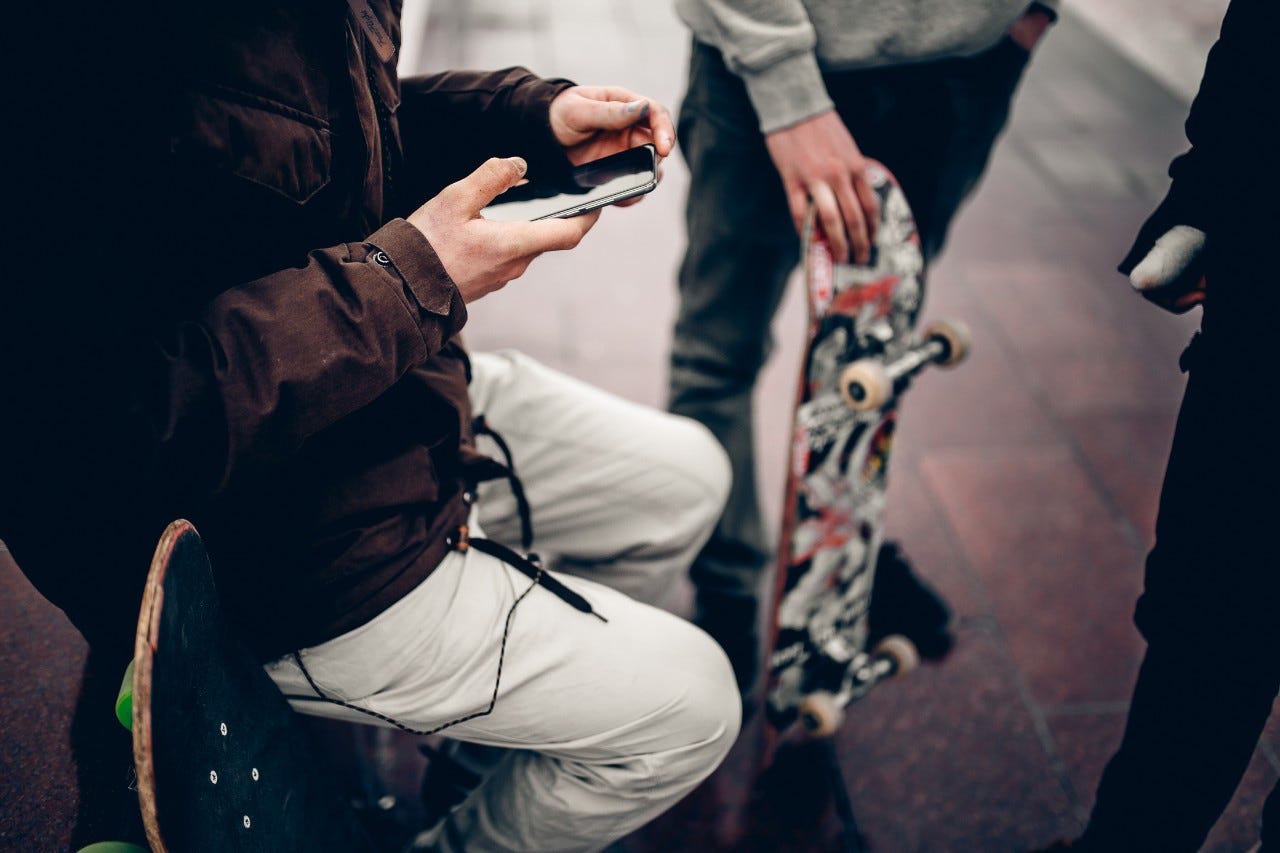Love, sex, contraception: what do young people want to know?
What are today’s teenagers and young adults concerned about when it comes to their sexuality? We asked an expert.

The anonymous online advice platform Lilli.ch answers 1,800 questions a year. There is a lot of fear particularly with regard to unwanted pregnancy. Other popular topics on the platform for adolescents and young adults include sexual problems, relationship issues, troubling feelings, sexually transmitted diseases and violence. But the thread running through all the queries is: “Am I normal?
Contraception and fear of unwanted pregnancy
Question on Lilli.ch: “I’m terrified of getting pregnant. I don’t take the pill any more. So we stop at heavy petting. We didn’t have sex before either, because my boyfriend’s penis couldn’t penetrate me (we tried). We want to make sure that nothing happens. I’m scared that if my boyfriend has semen on his hands, I could get pregnant anyway. Is that true?
Our expert says: “Most of the questions we get are about worries regarding contraception,” says Annette Bischof-Campbell, psychotherapist and managing director of the Lilli online platform. “Many people are scared that contraception may not work under certain circumstances.” Some girls prefer to ask questions about contraception anonymously on Lilli.Ch instead of going to their gynaecologist.
But there seems to be a lot of confusion about the genital area. “If a woman doesn’t know the difference between the vulva and vagina and only talks about “down there”, information on contraception alone won’t be much help, because she won’t know how to apply the advice to her own body,” says the therapist. It is therefore important that we help women understand their bodies and to build up a vocabulary relating to genitals and sexuality.
There is also uncertainty among young men. “Many are overwhelmed by their own sexuality and the idea of being able to get a woman pregnant. Some worry that sperm is like a virus that is ‘highly contagious’ and can cause pregnancy that way.” And many feel huge pressure about having to perform. This can lead to condoms being left in the packet for fear of losing their erection.
Troubling feelings
Question on Lilli.ch: “I’m a 16 year old girl. I’m writing to you because I’m at my wit’s end. At the moment I’m quarantining in a motel for two weeks due to a trip abroad. The loneliness is making it difficult for me to pull myself out of a perpetual cycle of panic and anxiety.”
Our expert says: Troubling feelings such as heartbreak, grief or loneliness during the pandemic are another big issue among young people. “The internet helps some people feel less isolated,” explains Bischof-Campbell. “The crisis in 2020 sparked the busiest time to date for our online advice service. With 2,247 consultations, we exceeded our average annual workload at the time by almost 90%. Although the advice is anonymous, it is very personal. Many people use Lilli as an ongoing support tool.”
““There is a lot of unawareness and uncertainty. Not only among adolescents.””
Sexual problems
Question on Lilli.ch: “What exercises can I do to enjoy sex more with my girlfriend... I don’t really get excited during sex, only when I masturbate quickly and apply a lot of pressure. I don’t have any health problems.”
Our expert says: Sexuality is an ongoing topic on Lilli.ch. As the online advice is anonymous, young people ask questions that they wouldn’t discuss with their friends. “There is a lot of uncertainty and a great many questions”, says Bischof-Campbell. “And not just among adolescents. Although we are officially a platform for young people, people of all age groups contact us.” One of the most important questions – despite all the information available online – is: "Is this normal, am I normal?" You can read and watch a lot about sexuality today. But: "What good is all the education if I can't relate to my own body? Unfortunately, physical contact is often neglected in this day and age.”
Practical understanding and building self-confidence calls for touching, experiencing and feeling. Despite what you see in the internet, good sex doesn’t happen automatically. “It’s much more important to gain experience yourself and effectively train your senses, your ability to arouse and be aroused.” It’s all about exploring, feeling and practising! “Our information pages with sexual tips and exercises are often accessed around 400 times a day. There’s clearly great demand for information on sexuality,” says Bischof-Campbell.
Sexually transmitted diseases
Question on Lilli.ch: “I can’t have sex because I’m terrified of getting an HPV infection. I always stop before we go too far, but I would really like to go all the way.”
Our expert says: “HIV featured heavily in the past, whereas today we get a lot of questions about HPV,” says Lilli’s managing director. Bischof-Campbell believes that this increased interest in the human papillomavirus, which can cause cancer or genital warts, is due to the increased media reporting on the HPV vaccination. “Some people then turn to Google for more information and immediately see all the worst-case scenarios and scare themselves silly. In this case, education and information help, but we also explain the logic and mechanisms behind their anxiety. Anxiety also goes hand in hand with physical tension. Many people seeking advice are helped when we give them tips on how to calm down – for example, we give them breathing exercises or tips on how to exercise to keep their spiralling anxiety under control.”
Relationships and violence
Question on Lilli.ch: “Hi there, I’ve got a question: Am I dirty when I have my period? My mother always says that to me. My mum always says that to me. And one more thing: when I have sex with my boyfriend it always hurts. He is very rough with me during sex. Is that maybe why it’s painful?”
The expert says: “Lilli’s goal is to boost the sexual and personal confidence of adolescents and young adults. This has a preventive effect against violence on many levels – including subtle forms of violence such as we unfortunately often see in families”, says Annette Bischof-Campbell.
More confident young people can defend their own interests in relationships and protect themselves more effectively against sexual assault and other forms of violence. And vice versa: they respect other people’s concerns and boundaries and don’t have to resort to violence. “We want to help young people gain confidence by providing specific tips to work on their self-awareness, self-confidence and empowerment.”


